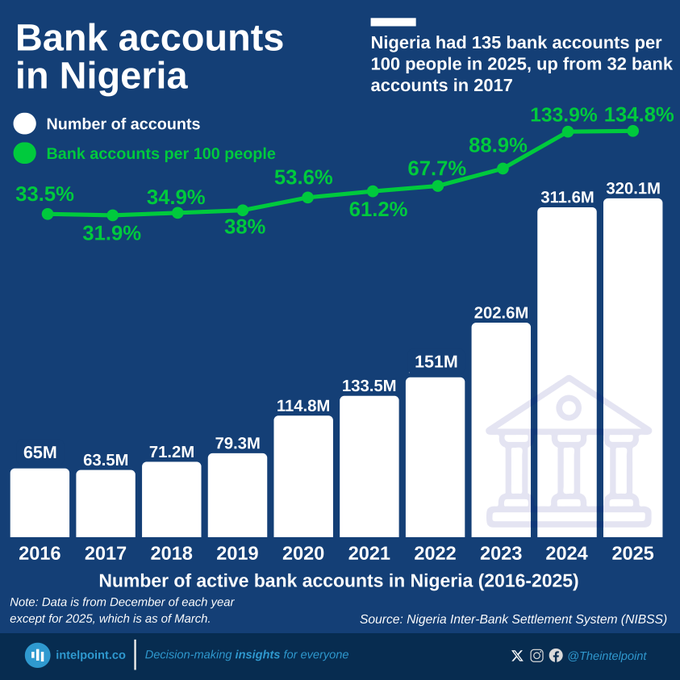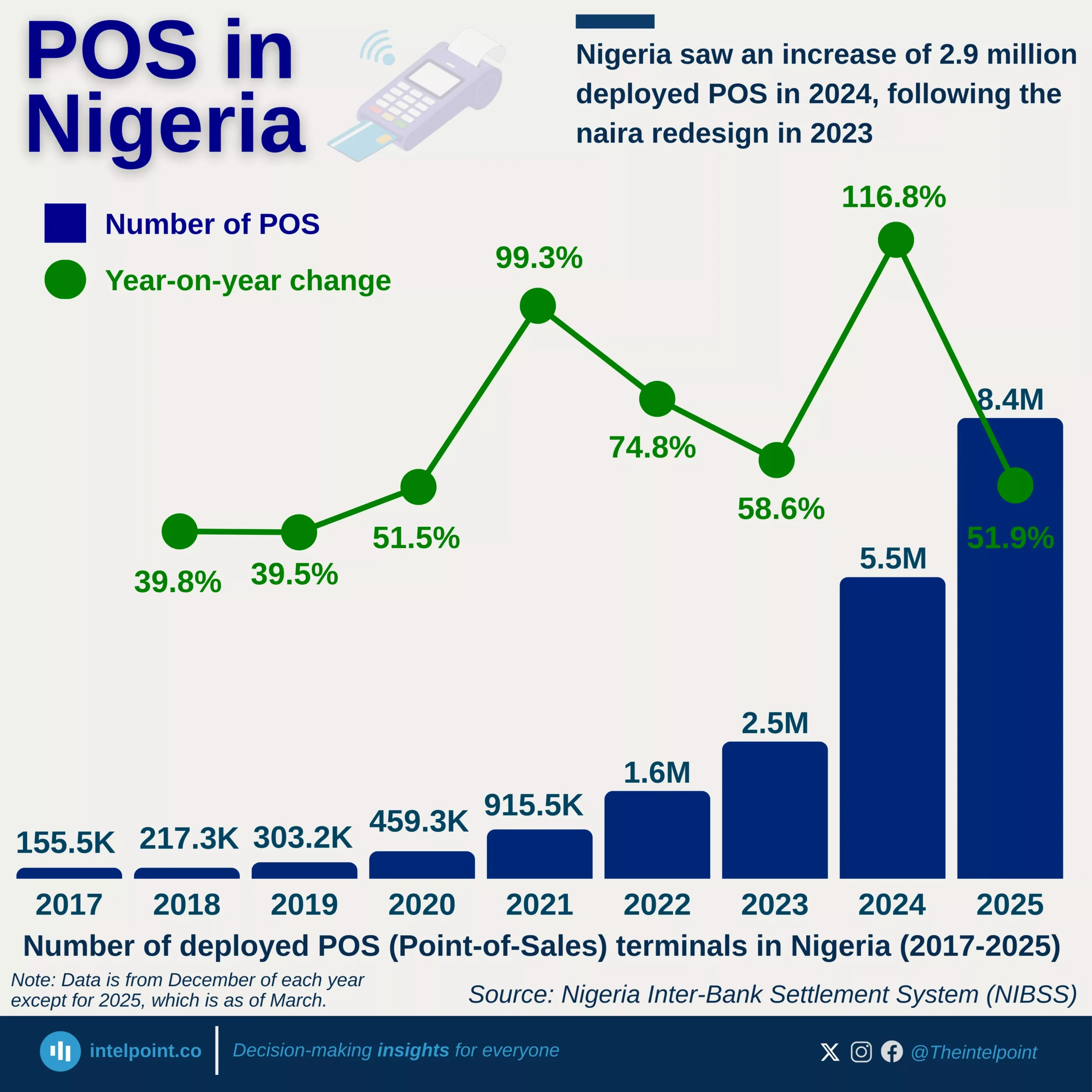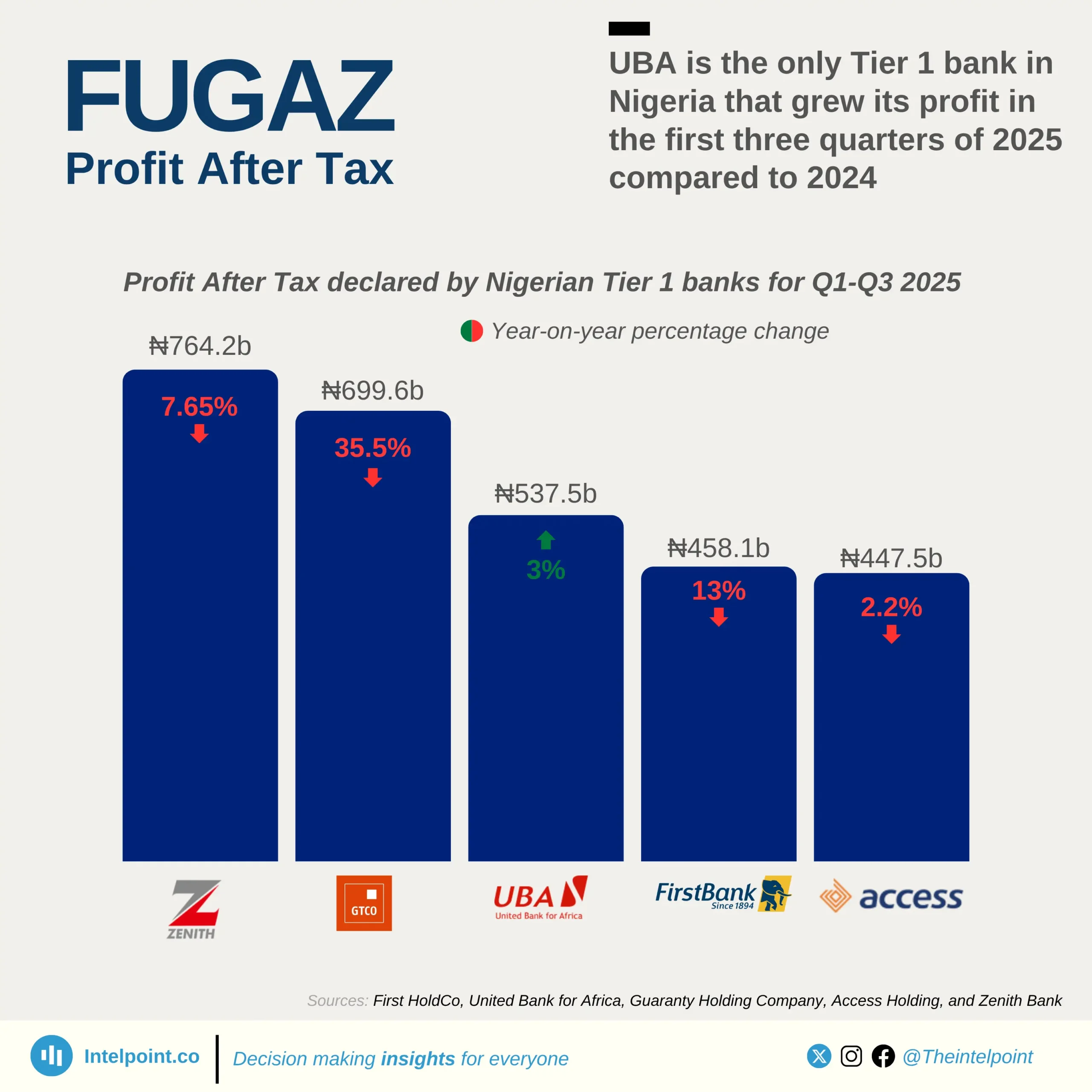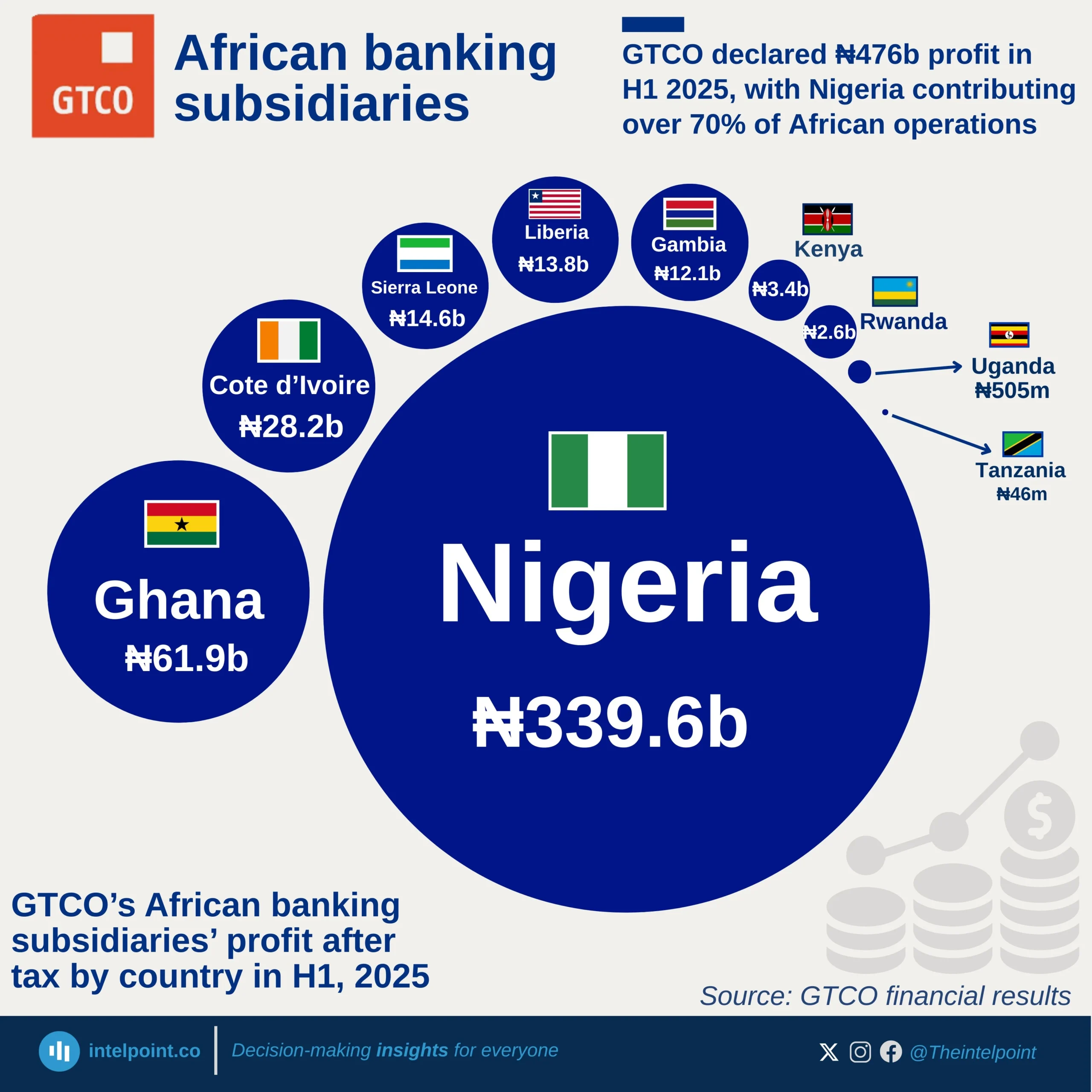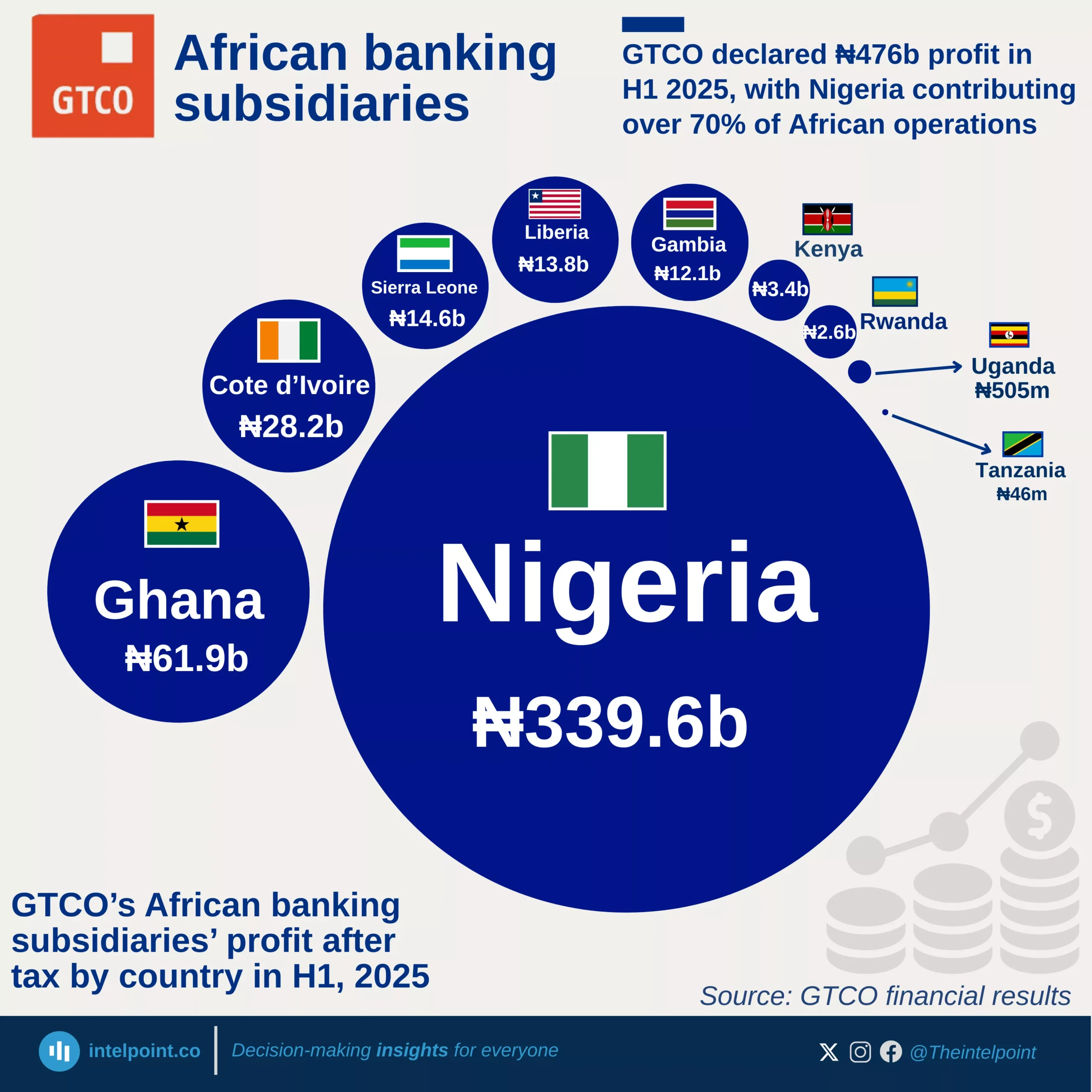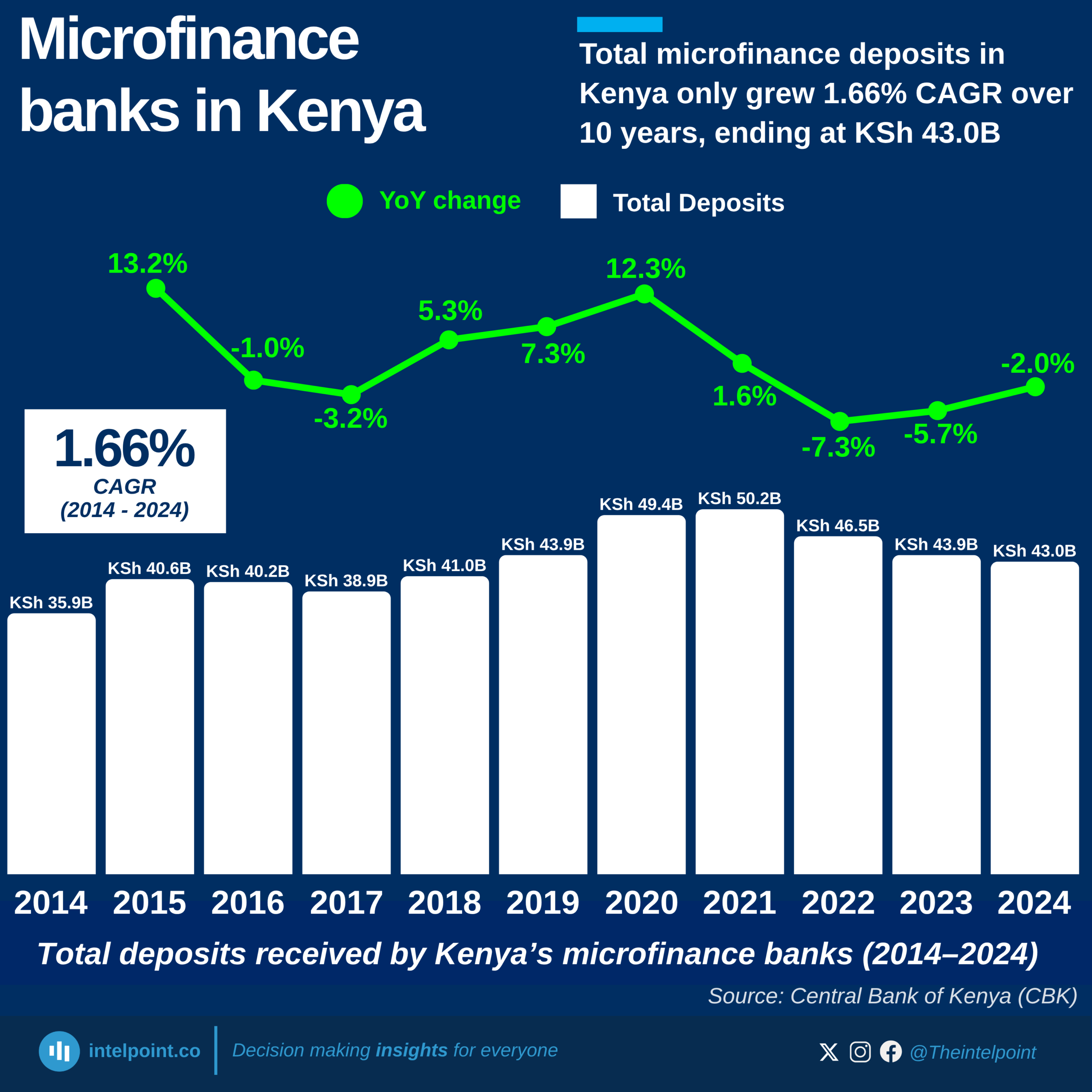Data from 11 Nigerian banks in H1 2024 reveals that 10 of them experienced profit growth, showcasing resilience in the sector. Leading the way is GTCO with a remarkable ₦905.6 billion profit, representing a 223% YoY increase.
Zenith Bank follows closely with ₦578 billion, reflecting 98% growth. Jaiz Bank, while having the smallest profit at ₦11.28 billion, posted a strong 199% rise. UBA saw a decline, with its profit being 16% lower than in H1 2023.
